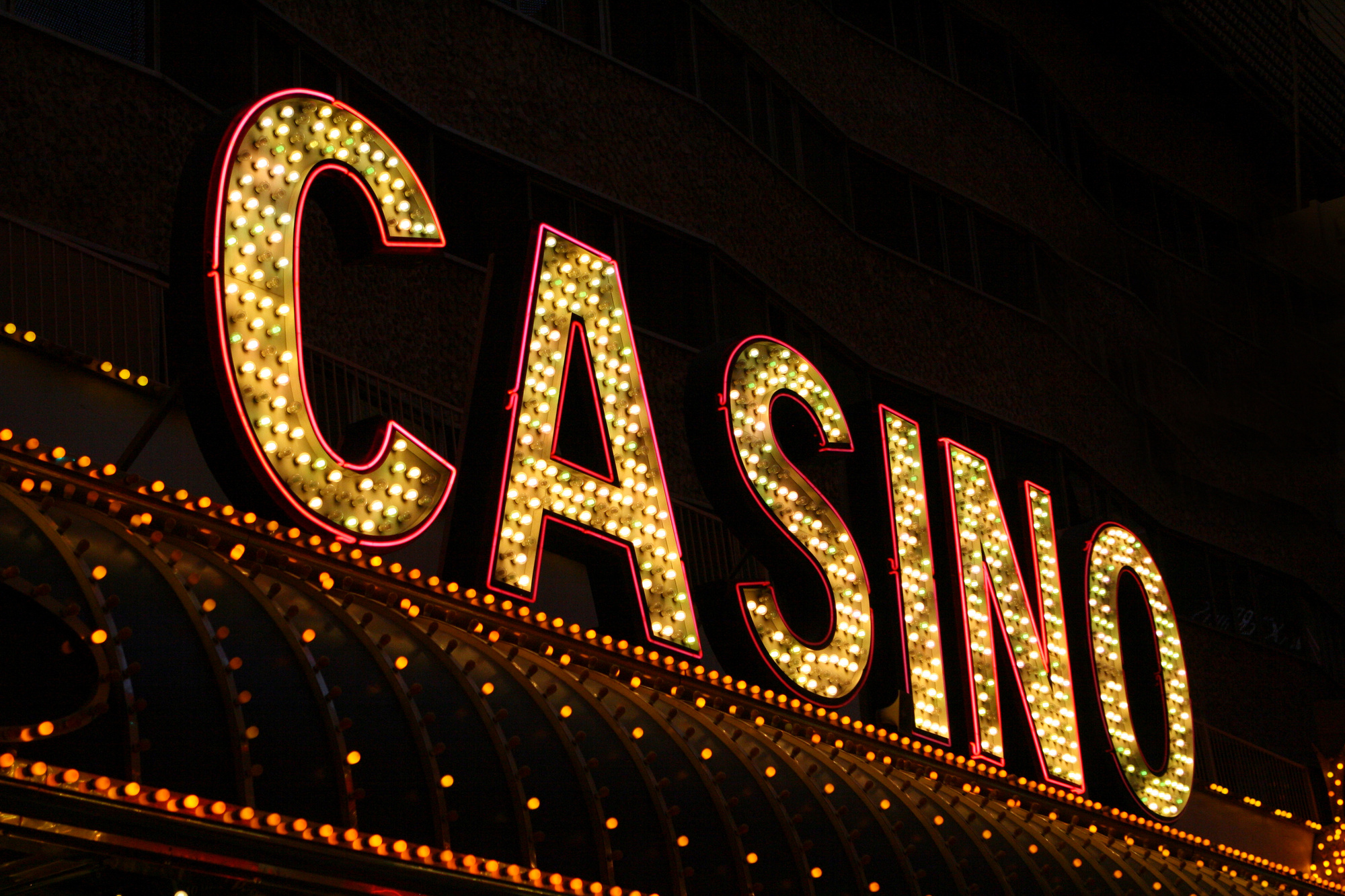
Casino games have long been an integral part of human culture, providing not just entertainment but a intriguing reflection of our dreams, wishes, and concerns. From the turning reels of a slot machine to the tactical play of poker, these games encapsulate a spectrum of human sentiments and incidents. At their core, casino games are more than a chance to win money; they are a snapshot of life itself, where danger and gain merge and luck can change in an instant.
As players convene around tables or sit in front of vibrantly illuminated machines, they engage in a ritual that transcends mere gambling. These games mirror our natural desires for connection, excitement, and the search for fortune. They also disclose deeper truths about human behavior, such as our relationship with luck and the adrenaline of the unknown. non GamStop casino In exploring casino games, we discover not only the nuances of play but also the rich tapestry of the human journey, showcasing our intertwining narratives of goal and reality.
The Psychology of Gambling
Wagering is intrinsically connected in human psychology, appealing to various feelings and wants. The thrill of risk-taking is a fundamental aspect that attracts participants, be it the thrill of spinning a roulette or the anticipation of drawing a winning card in poker. This rush of adrenaline is frequently likened to other forms of thrill, as the unpredictability of outcomes elicits a unique psychological response. Gamblers often become captivated by the possibility of striking it rich, leading to an almost magnetic draw toward casino games.
Another, a crucial component of the psychology behind gambling is the concept of hope and aspiration. Players often indulge in fantasies of financial freedom and the opulent lifestyle that can follow winning. This hope fuels their continued participation in gambling, as it provides a sense of purpose and the conviction that a transformative win could be just one bet away. The story of beating the odds and finding success resonates with many, reinforcing their dedication to play and involve themselves with these games.
Lastly, social aspects play a crucial role in gambling psychology. Casino environments are designed to foster social interaction, where players gather to share the experience of wins and losses. This shared aspect not only amplifies enjoyment but also influences behavior, as individuals often imitate the actions of others in their vicinity. The social validation found in shared excitement can magnify the emotional experience, making casino games a mirror of not just personal desires but also collective engagement within the gambling community.
### Risk and Reward: A Double-Edged Sword
Gambling games embody the fragile balance between risk and gain that resonates profoundly with human psychology. The excitement of placing a bet is often accompanied by a jolt of energy, as gamblers are confronted with the possibility of a huge payout, yet cognizant of the risk to lose. This twofold experience reflects a essential aspect of life: the paths we choose often come with intrinsic risks, and the chase for gain can drive us to make risky moves we might not otherwise consider. In this way, gambling activities reflect real-world decisions, enticing gamblers to gamble not just their funds, but also their hopes.
The allure of big prizes and winnings fuels a wave of hope, inspiring players to dream of a better future that could manifest from a lucky spin of the wheel or flip of a card. This positive outlook can drive individuals to engage in greater risks, pushing them to push their boundaries in search of monetary success. However, just as in life, the results of these risks can lead to both victory and despair. The narratives of both big winners and those who have lost everything at the tables demonstrate the chaotic nature of luck and its consequential repercussions on our existence.
Ultimately, the experience of engaging with casino games serves as a vivid illustration of the human condition. Every game played is imbued with the tension of uncertainty, as players weigh the gains against the dangers. This dynamic not only highlights the thrill that comes with betting but also reveals the risks that come with the longing for more. As we navigate the complexities of choice and consequence in both the gambling world and in life, we find that the quest for gain shapes our identities and journeys in profound ways.
Community and Solitude in Gambling Environment
Casino environment is a distinct combination of social interaction and personal pursuit, reflecting the tensions of human experience. Gamblers often come together around games, experiencing in the excitement of the action, celebrating wins, and sympathizing over losses. This social aspect is essential, as it establishes a sense of belonging and bonding among diverse groups of individuals. Regular visitors to gaming establishments may form friendships and develop routines, turning the casino into a second home where they feel connected to a larger community of players.
However, the appeal of casino games can also lead to isolation. As individuals become immersed in the excitement of playing, they may withdraw from personal relationships or neglect to interact with the environment outside the casino. For some, the search of a windfall can distract from genuine connections, leading to loneliness. The situation of being surrounded people yet experiencing solitary is not uncommon, as the attention shifts from shared enjoyment to the individual stakes of each individual’s path.
This interplay of society and solitude creates a vivid mosaic that defines casino culture. It showcases the complexity of human interactions, where joy and sorrow exist together. Casinos serve as both a refuge for social engagement and a platform for individual challenges, illustrating how intimately connected our yearning for companionship and the personal quest for fortune can be. In navigating this landscape, gamblers confront their own narratives—seeking both the thrill of the game and the companionship of other players, ultimately mirroring the wider spectrum of human experience.
